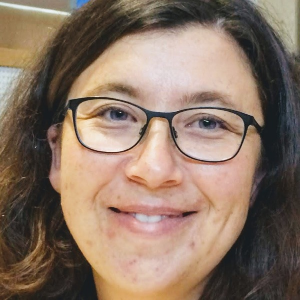Wearable Devices and Animal Fitness Trackers
Wearables, Wearable technology, fashion technology, smart wear, tech togs, streetwear tech, skin electronics, or fashion electronics are smart electronic devices (electronic devices with microcontrollers) that are worn near to and/or on the surface of the skin, where they monitor, analyse, and communicate information concerning e.g., body signals such as vital signs, and/or environmental data, and allow in certain cases immediate biofeedback to the wearer. Wearable devices like activity trackers are examples of the Internet of Things because "things" like electronics, software, sensors, and connectivity are effectors that allow objects to exchange data (including data quality) with a manufacturer, operator, and/or other connected devices over the internet without requiring human intervention. Scientists have created a wearable gadget device that can detect vital indicators in animals' fur, such as heart rate and respiration. The results could help sniffer dogs do their jobs better, as well as allow pet owners to track their pets' health in real time.
Pet wearables are predicted to be a major business on a regular basis, with an increasing number of companies creating wearable devices just for animals. Trackers may also maintain tabs on their position if they go missing, as well as monitor their health by watching for telltale changes in behaviour that indicate disease.
- GPS Trackers
- Smart Wearables

Marco Polettini
DVM, Italy
Andreia Freitas
INIAV/REQUIMTE, Portugal
Andreia Freitas
INIAV/REQUIMTE, Portugal
Kedibone Gloria Kgosana
Sefako Makgatho Health Sciences University, South Africa
Nnenna Ugwu
Anglia Ruskin University, United Kingdom
Rubens Dias de Melo Junior
Universidade Federal de Goiás, BrazilSubmit your abstract Today
Important Alert:
X


Title : Analyzing veterinary medicine residues in food: A comprehensive guide
Andreia Freitas, INIAV/REQUIMTE, Portugal
Title : Quantifying changes in facial expression following hot-iron disbudding under procaine hydrochloride and meloxicam treatment in Holstein dairy calves
Nnenna Ugwu, Anglia Ruskin University, United Kingdom
Title : Trypanosoma vivax in and outside cattle blood: Parasitological, molecular, and serological detection, reservoir tissues, histopathological lesions, and vertical transmission evaluation
Rubens Dias de Melo Junior, Universidade Federal de Goiás, Brazil
Title : Characterization of porcine rotaviruses in the Czech Republic
Romana Moutelikova, Veterinary Research Institute, Czech Republic
Title : Determination of Circulating Foot-and-Mouth Disease Virus Serotypes in Kenya (2023)
Hellen Mutua, Foot and Mouth Disease National Reference Laboratories, Kenya
Title : Welfare for Amazonian wild animals
Eliane Cardoso Carvalho Moraes, Jungle Warfare Training Center/ Army, Brazil